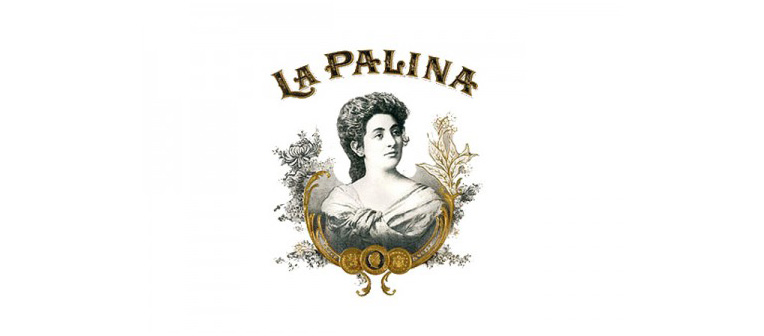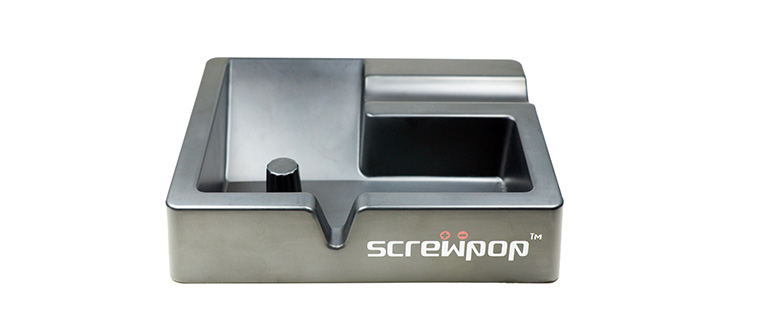It’s Tax Day again, and still unfair to the smoker.
Another Editorial by David Garofalo
The discrimination against smokers, buyers and sellers of tobacco products all began in 1794, when the secretary of the treasury Alexander Hamilton introduced the first ever, federal excise tax. It was on tobacco products only, and after some major modifications, Hamilton’s original proposal passed only to be repealed shortly thereafter. It was believed to have an insignificant effect on the federal budget. Even though Hamilton’s tax on tobacco failed, tobacco taxation would soon play an important role in American history and the history of taxes unfairly placed on its suppliers and users.
On July 1, 1862, sixty-eight years after the Hamilton repeal, the United States Congress did pass an excise tax on tobacco. This was the result of the Union’s increasing debt during the American Civil War and the Federal government’s need for more money. That need…and greed never went away. After the war, many of these excise taxes were repealed but the tax on tobacco was held tight and remained till this day. These taxes were not as insignificant as believed, and by 1868 the United States Government’s main source of income came from these lingering tobacco taxes.
Next came Tax-paid stamps which were issued to collect on the so-called “sin taxes” before the sale even happens. Acts like these have never been used more and have never been more prevalent than against the tobacco industry. More so than any other industry.
Cigars had their own tax-paid stamps beginning in 1863, and were the first to be hit with such a burden. Tax paid before the sale was made. Cigars were taxed per thousand on the value of the cigars but that was only until 1868 when the tax rate went to $5 per thousand cigars, regardless of their value.
In 1917 the tax rates went back to include price as tax stamps were divided into five classes depending on retail price: these were designated A through E. Newer higher tax categories were added.
Despite the excise tax of the Federal government, states themselves did not ratify a tobacco excise tax until 1921, when Iowa became the first state to pass a tobacco excise tax at the state level in addition to the federal tax. After little opposition, other states quickly followed suit, and by 1950, 40 states and Washington D.C. enacted taxes on cigarette sales. And by 1969, all U.S. states, the District of Columbia and the territories had implemented taxes on tobacco products. Later, several cities such as Chicago and New York City implemented their own citywide tobacco taxes. The combined federal, state, and local tax became triple taxation and has yet to be challenged in court.
On February 4, 2009, the Children’s Health Insurance Program Reauthorization Act of 2009 was signed into law. The first official act of new president Barak Obama raised the federal tax rate for a cigar from 4 cents to 52.75% of the cost, with a cap of 40.26 cents per single cigar, making it virtually the highest increase of a tax on a single product in U.S. history.
The U.S. Government can do this to smokers because our Governments claim that tobacco is the enemy. It harms people and the people around it they say. It is evil, and the people that use it are terrible. All this, yet our Government has been making lots money off it for 150 years.
Some can say it, even though it’s not true, and they can because the smoker is the first taxed, the most abused, and the last allowed and encouraged to be discriminated against. We smokers are the abused and the over taxed. Can you imagine how we would be treated if tobacco truly had an insignificant effect on the federal budget? The truth is; as long as we’re paying up, we can light up… and that’s the way it is.
Its tax day for Americans, but for smokers, every day is tax day.





